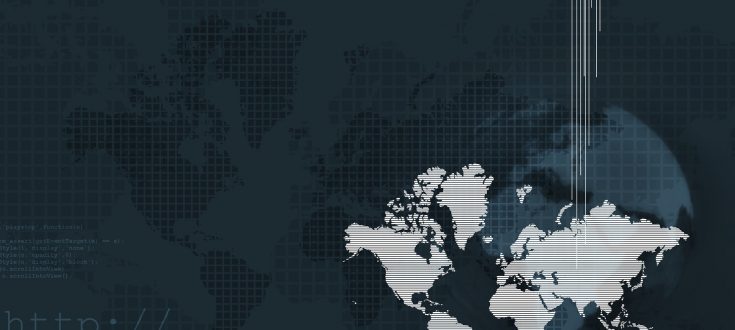Exchanges and Global Security

In late April the World Affairs Council hosted 11 international delegates from Algeria, Benin, Chad, Côte d’Ivoire, Kenya, Mali, Nigeria, Rwanda, Senegal, and Sudan. During their visit, they discussed the topic, Towards a More Safe and Secure World with a variety of Cincinnati and Northern Kentucky organizations and businesses.
Thank you to Cincinnati Compass, the Cincinnati Human Relations Commission, the National Underground Railroad Freedom Center, the Citizens Complaint Authority, the Metropolitan Area Religious Coalition of Cincinnati (MARCC), and the Hamilton County Office of Reentry for taking the time to meet with these international leaders.
The article below, originally posted by Global Ties U.S. shares details about why this group was visiting the United States and the purpose of this professional exchange.
Transnational crime networks cost the global economy upwards of $870 billion per year, according to the United Nations Office on Drugs and Crime. Criminal networks act without border restrictions, threaten regional stability, and undermine free markets. This criminal activity can harm American citizens and U.S. businesses abroad, and it threatens national security. To combat transnational crime, the Department of State, through the 2018 Towards a More Safe and Secure World International Visitor Leadership Program (IVLP), brought 80 top security and law enforcement officials from around the world to the United States for a three week exchange.
As a part of the program, participants traveled to small, mid-sized, and large American cities to gain an understanding of public safety and security issues from state and local law enforcement officials, public officials, and social service and victim assistance providers. Mr. Joseph Lengmang, an IVLP participant and Director General of a government peace-building agency in Nigeria, explained that, “the complex nature of the security threats we face requires a lot of collaborative partnership in order for us to combat them.” Global challenges require a global response, and this U.S. initiative seeks to strengthen security networks across borders.
Strengthening regional and multi-regional partnerships through networking and information-sharing will help law enforcement and security personnel combat issues such as narcotics trafficking, terrorism, cybercrime, trafficking in persons, and money laundering. One major tool that the United States uses to combat criminal networks, both in the U.S. and abroad, is the interagency task force model.
That’s why the IVLP included a visit to the Allstate Center at St. Petersburg College in Florida for a day-long Multijurisdictional Counterdrug Task Force Training, which offered the group an introduction to the U.S. task force model and other aspects of counterdrug law enforcement. The workshop benefited both participants and speakers. As Mr. Aristomenis Zagakos, a Police Lieutenant from Greece said: “This multijurisdictional approach is incredible… to sit at the same table and coordinate actions across agencies and through different levels; to me this is the best lesson.”
Maria Chapa Lopez, U.S. Attorney for the Middle District of Florida, spoke with participants during the training. “Coordination and cooperation with partners beyond our borders is essential in combating international threats. The International Visitor Leadership Program provides a unique opportunity for individuals and entities from around the world to share their experiences and learn from each other.” The partnerships created on exchange programs like this one are invaluable over the long term.
Simon Cheung, a Chief Inspector for the Hong Kong Police Force, offered his thoughts on how these exchanges can help make the world a safer place. “Hong Kong is a small city, and we never thought there was something we could do in making a safer world, but we realize now that there are a lot of different channels to work on security issues.”
Mr. Joseph Lengmang added, “I am very confident that [the program] is going to lead to a resounding working relationship among nations. Security is the responsibility of everyone, and it’s not going to be possible to think that one single country would have the capacity to deal with transnational challenges and crimes.” Programs like Towards a More Safe and Secure World are offering constructive opportunities for professionals to meet and exchange ideas regarding the international challenges faced by law enforcement today at all levels of government.
To learn more, visit the Towards a More Safe and Secure World initiative website and follow the International Visitor Leadership Program on our Facebook page.
This entry also appears in the U.S. Department of State’s publication on Medium.
Article courtesy of Andrew Vaccaro via DipNote.
Andrew Vaccaro serves as a Program Coordinator and member of the social media team in the Office of International Visitors in the Bureau of Educational and Cultural Affairs at the U.S. Department of State.
View original post Exchanges and Global Security by Global Ties U.S.


